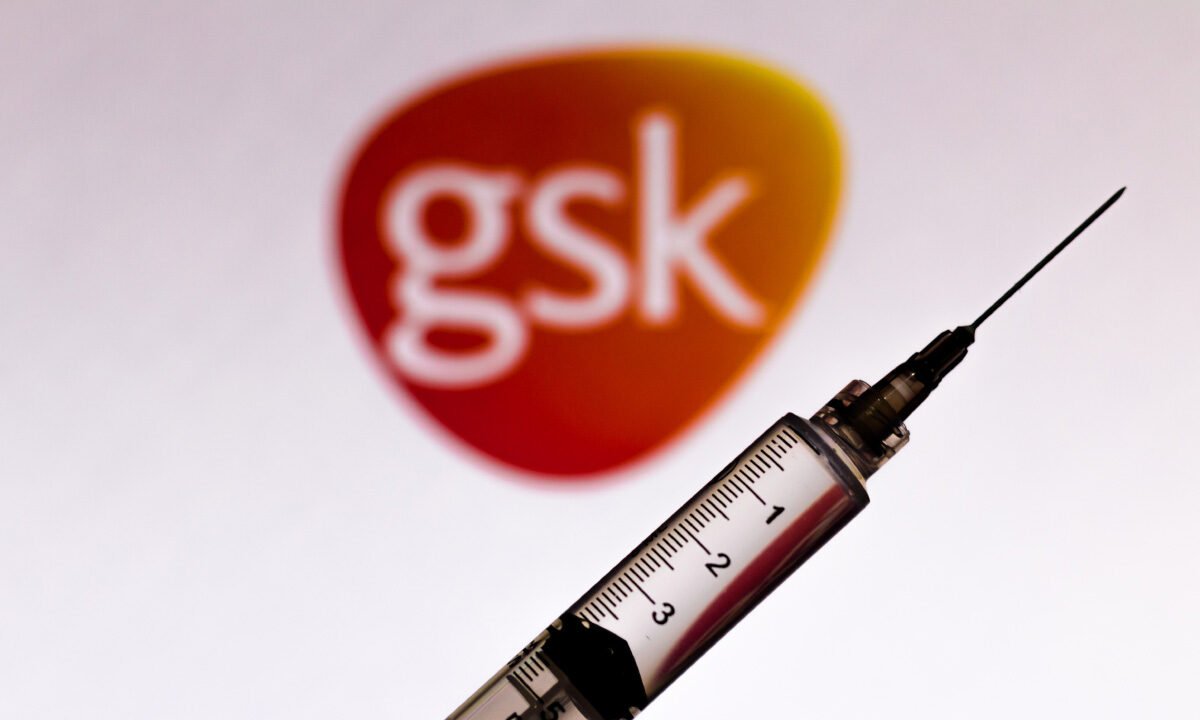After Decades of Set Back, First Ever RSV Approved: A Closer Look
The U.S. Food and Drug Administration (FDA) approved the first-ever respiratory syncytial virus (RSV) vaccine for adults aged 60 and over on Wednesday, almost 60 years after the first RSV vaccine trial was called off due to two vaccine-induced deaths. The vaccine is called Arexvy and was developed by GSK, formerly GlaxoSmithKline.
According to the FDA’s press release, vaccinated people had a significantly reduced risk of developing both RSV-associated lower respiratory tract disease and severe RSV-associated lower respiratory tract disease.
2 Fatalities Linked to the Most Famous RSV Vaccine Trial
RSV is a highly infectious seasonal respiratory virus. In the United States, up to 14,000 deaths in people over 65 years old are attributed to RSV. The RSV virus starts in the fall, peaks in winter, and ends in spring.
Virtually everyone would have been infected with RSV growing up. Previous infections, however, do not provide full protection against reinfections, though antibodies formed may accelerate the clearance of infections.
Historically, there have been complications with RSV vaccine development that have made the vaccine unavailable until now. A significant complication is that infants younger than 3 months are the most at risk of severe disease and mortality, but these infants may not respond well to vaccination due to the immaturity of their immune systems.
The most famous failure in the vaccine’s development came out of a trial in the 1960s that injected babies with a formulation of formalin-inactivated RSV vaccine combined with aluminum. Unfortunately, rather than preventing disease, the vaccine enhanced disease in the infants, with two fatalities attributed to the injection.
Why the Rush?
In 2022, hospitals saw an unprecedented surge in RSV as part of the “triple-demic” of COVID-19, influenza, and RSV, rekindling interest in RSV vaccine development.
GSK isn’t the only company that has been working on an RSV vaccine. Pfizer and Moderna have developed vaccine candidates, as well. These are based on mRNA technology, meaning they don’t contain any antigen but instead instruct human cells to produce the virus protein that can trigger an immune response. Both candidates are under FDA review.
The Arexvy vaccine is a non-mRNA vaccine. It is a protein vaccine made up of an RSV antigen enveloped in lipids.
The antigen chosen for this vaccine is the fusion (F) protein. This protein is the most conserved protein of the virus and does not change between RSV seasons. Therefore, immunity against this protein may be effective against RSV viruses for many years.
Professor Linda Wastila from the University of Maryland, whose expertise is in pharmacotherapy and drug policy, told The Epoch Times over email that she is “puzzled by the rush for RSV vaccines.”
“GSK’s recent approval for a protein-based product is geared toward older adults, who are at some risk for developing pneumonia and bronchitis as complications from RSV infection. In this age group, RSV itself is not that common, and complications even less common, and RSV infection itself is very mild—a moderate, cold-like condition.”
Previous trials inoculated pregnant mothers with a purified version of the F protein. The purified inoculation was well-tolerated but only produced modest levels of antibodies.
Before the vaccine’s advent, some doctors recommended (pdf) iodinated nasal sprays, antiseptic mouthwashes, elderberry juice, and vitamin C supplements to protect against RSV infections, help clear the virus, and boost the patient’s immune system.
Vaccine Effectiveness
The Arexvy vaccine has a high efficacy in reducing relative risk. Vaccination appears to reduce one’s risk of developing lower respiratory tract disease and severe RSV-associated lower respiratory tract disease by 82.6 and 94.1 percent, respectively.
The absolute risk reduction, however, looks less impressive. Absolute risk is crucial because it gives the exact probability that a person will experience fatality or disease. In the case of the Arexvy vaccine trial, this would be lower respiratory tract disease.
The Arexvy clinical trial showed that 40 out of 12,499 people developed lower respiratory tract disease from RSV among the placebo group, while seven cases were reported among the 12,467 vaccinated participants.
Based on the trial findings, the absolute risk of developing lower respiratory tract disease from RSV for a vaccinated person aged 60 and older is 0.3 percent. Among those vaccinated, the absolute risk of developing lower respiratory tract disease from RSV is 0.05.
This means that vaccination only reduces absolute risk by 0.25 percentage units.
Some of the trial participants were also given annual RSV shots. These people will be compared to those who took only a single dose.
The results concerning those who took annual shots have not been published.
Vaccine Safety
According to the Arexvy drug trial study, vaccinated participants had a higher rate of solicited, unsolicited, and serious adverse reactions than those not vaccinated. For example, over 4,000 unsolicited adverse events were reported among the vaccinated compared to 2,200 among the unvaccinated.
However, the placebo group reported more fatalities, with 58 deaths compared to 49 deaths in the vaccinated group.

GSK opened a study where more than 400 participants received Arexvy concomitantly with an FDA-approved influenza vaccine, two participants developed acute disseminated encephalomyelitis (ADEM), a rare type of inflammation that affects the brain and spinal cord, seven and 22 days, respectively, after inoculation (pdf). One of the participants died.
In the other study, one participant developed Guillain-Barré syndrome nine days after receiving Arexvy.
The FDA has required GSK to conduct a post-marketing study to assess the signals of severe risks for Guillain-Barré syndrome and ADEM. In addition, although not an FDA requirement, the company has committed to evaluating atrial fibrillation in the post-marketing study.
While Wastila was impressed that GSK tested for interactive effects between RSV and influenza vaccine, she wondered “if there will be a triple-whammy issue for folks who get the RSV, flu, and COVID vaccines.”
Wastila added that she is already concerned about the current RSV and flu shot trial results.
The vaccine was green-lighted under a Priority Review designation, an accelerated form of drug approval.




